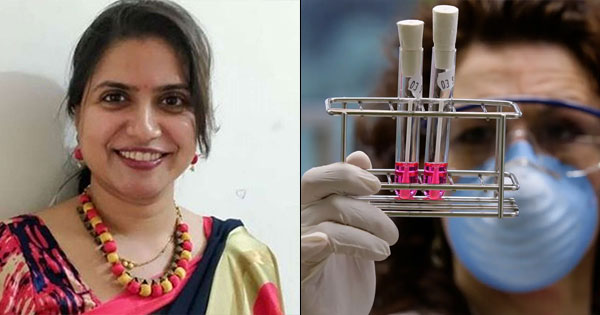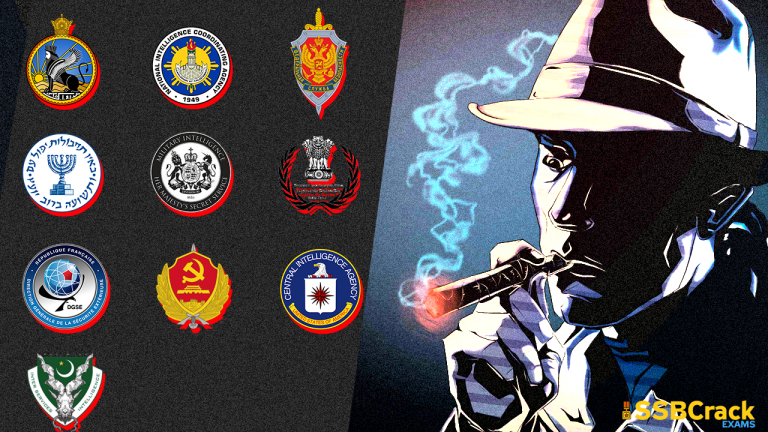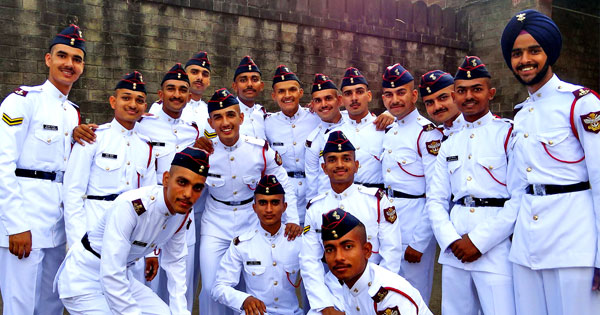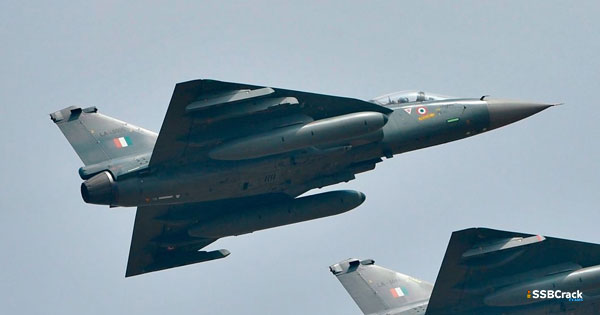On Thursday, the first made-in-India coronavirus testing kits reached the market, raising hopes of an increase in screening of patients with flu symptoms to confirm or rule out the Covid-19 infection. Mylab Discovery, in the western city of Pune, became the first Indian firm to get full approval to make and sell testing kits. It shipped the first batch of 150 to diagnostic labs in Pune, Mumbai, Delhi, Goa and Bengaluru (Bangalore) this week. “Our manufacturing unit… is working through the weekend and the next batch will be sent out on Monday,” Dr Gautam Wankhede, Mylab’s director for medical affairs, told the BBC on Friday. The molecular diagnostic company, which also makes testing kits for HIV and Hepatitis B and C, and other diseases, says it can supply up to 100,000 Covid-19 testing kits a week and can produce up to 200,000 if needed. Each Mylab kit can test 100 samples and costs 1,200 rupees ($16; £13) – that’s about a quarter of the 4,500 rupees that India pays to import Covid-19 testing kits from abroad.
“Our kit gives the diagnosis in two and a half hours while the imported testing kits take six-seven hours,” says virologist Minal Dakhave Bhosale, Mylab’s research and development chief. Ms Bhosale, who headed the team that designed the coronavirus testing kit called Patho Detect, said it was done “in record time” – six weeks instead of three or four months.
And the scientist was battling with her own deadline too. Last week she gave birth to a baby girl – and only began work on the programme in February, just days after leaving hospital with a pregnancy complication.
“It was an emergency, so I took this on as a challenge. I have to serve my nation,” she says, adding that her team of 10 worked “very hard” to make the project a success.
In the end, she submitted the kit for evaluation by the National Institute of Virology (NIV) on 18 March, just a day before delivering her daughter.







